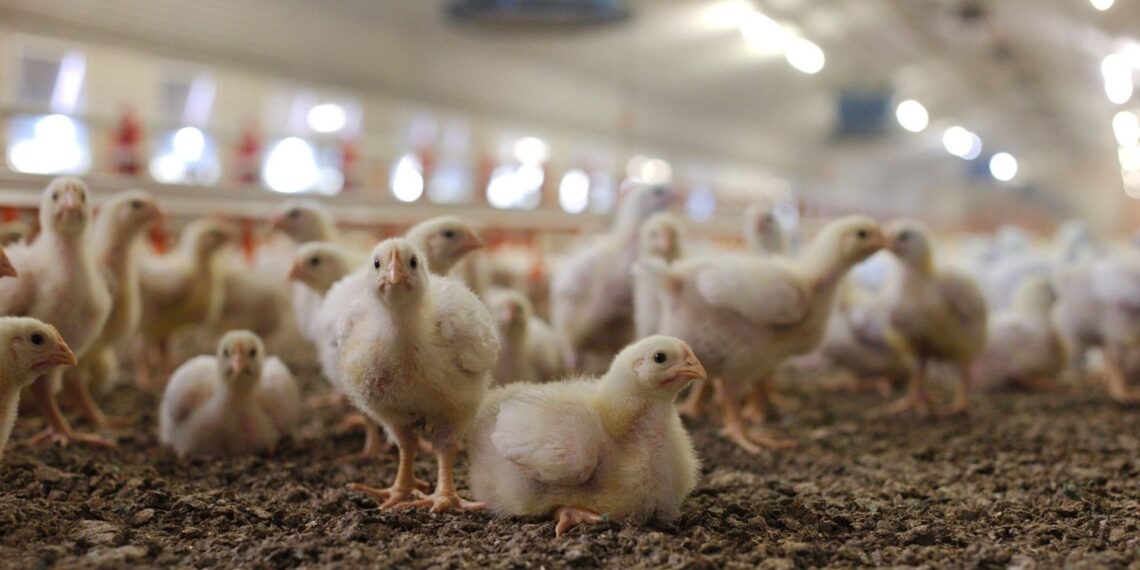Despite the public pressure on its operations, the Daybreak Foods business rescue practitioner, Tebogo Maoto, is adamant that the rescue plan is well in place to revive the operations.
He said they welcomed the approval of the business rescue plan as amended by the majority of the body of creditors, as it is a critical milestone in the company’s turnaround strategy. Maoto added that this favourable vote by creditors, representing 99.98%, is a better outcome for recovery than in liquidation, to allow implementation of the reactivation phase of the plan.
The approval comes after a strategic intervention by the Public Investment Corporation (PIC), which provided R150 million in emergency liquidity to ensure the successful completion of the company’s business rescue emergency phase.
On track to continue operations
“This PIC funding has empowered the company to implement key critical milestones, including the sustaining of the company’s hatchery and breeder operations and the payment of critical costs such as salaries.
“The business rescue plan is confident that the company’s business rescue proceedings will be successful, having regard to the support which he has received from the company’s stakeholders. We express our gratitude towards the key stakeholders, which include the employees, board, lenders, shareholders and the management that have worked tirelessly to ensure continued operations and the future sustainability of the company’s operations,” Maoto said.
Related stories
- Court orders Daybreak to halt inhumane bird culling
- Daybreak Foods rebuilding after R150 million lifeline
- Organised crime fuels livestock theft as festive season looms
- Master Plan progress report shows steady rise in food production
He noted that while there is still a long road ahead, the company is proud to announce that its hatchery and breeder operations continue to increase production on a weekly basis with a hatching average of 750 000 to 900 000 day-old chicks.
“At present, the company banked a total of R53.7 million from the hatchery and breeder operations. The business rescue practitioner and the employees committee continue to engage on an ongoing basis to find ways to reduce the impact of possible retrenchments.
“The business rescue plan looks forward to implementing the proposals set out in the adopted plan. The successful implementation will secure job preservation in rural communities with rampant poverty and unemployment, ensure the company’s future operations,” Maoto explained.
Workers lose out
Maoto reiterated that Daybreak Foods is determined to rebuild a resilient, responsible, and inclusive agribusiness that contributes meaningfully to South Africa’s food security and economic growth.
Meanwhile, the South African Federation of Trade Unions (Saftu) general secretary, Zwelinzima Vavi, stated that the Daybreak crisis is emblematic of a broader failure to safeguard public investments.
“We as Saftu further stand with the Food and Allied Workers Union (Fawu) in calling for immediate state intervention to defend and protect jobs to be affected should the retrenchments come into effect.
“The poultry sector employs over 100 000 workers, yet instead of bolstering local production and transformation, this state-owned company has been allowed to rot through neglect. Workers did not create this crisis; they will not carry its cost,” Vavi said.
READ NEXT: NSPCA slams ‘toothless’ new rules for live exports by sea


















